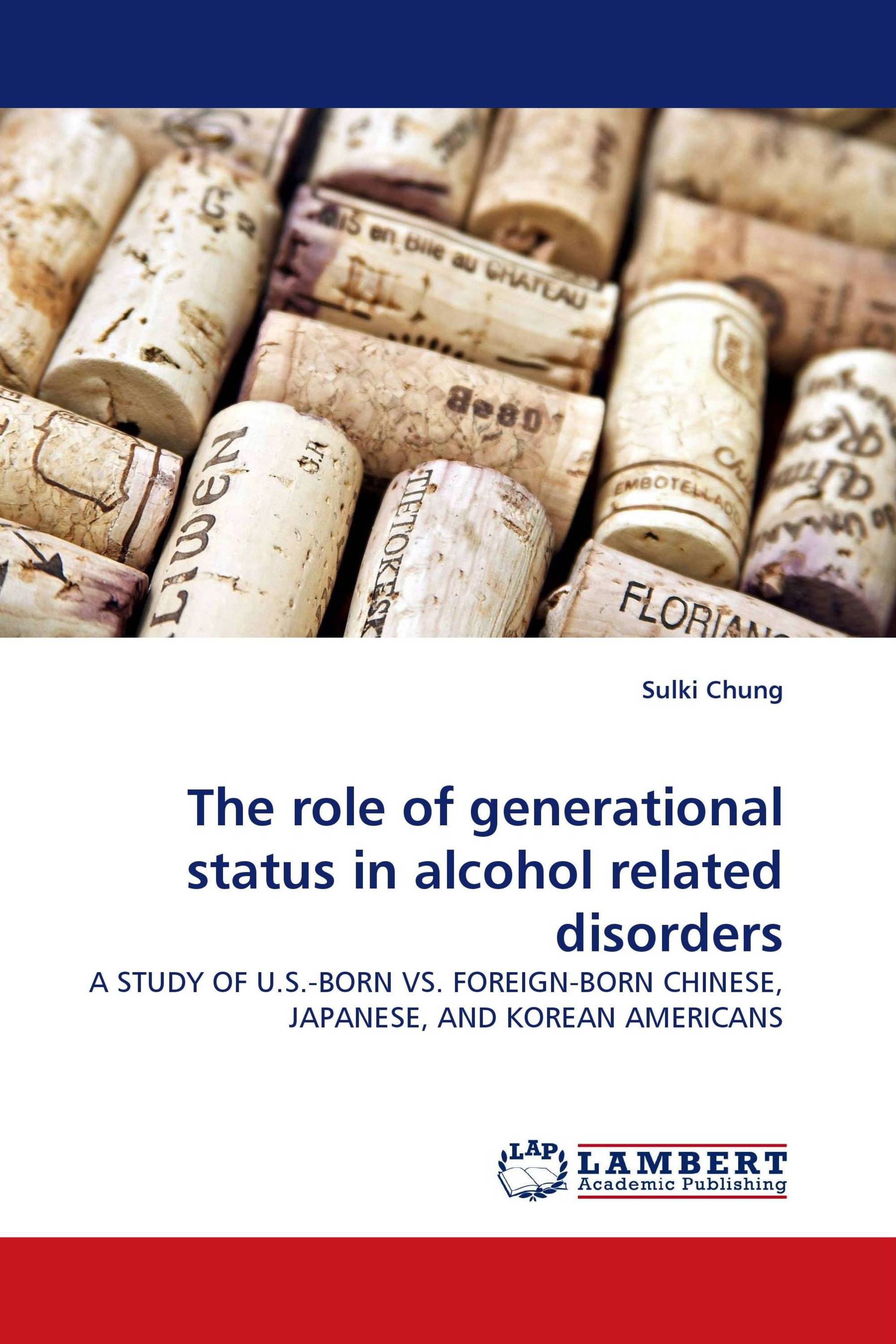The role of generational status in alcohol related disorders
A STUDY OF U.S.-BORN VS. FOREIGN-BORN CHINESE, JAPANESE, AND KOREAN AMERICANS
€ 68,00
The acculturation model hypothesizes that the drinking patterns an individual brings to a new country will eventually be modified through the process of exposure to, and interaction with, the dominant culture. This study examined the role of immigration-generational status (i.e., first vs. second or older generation) and gender in predicting alcohol-related outcomes among U.S. residents who identified their ethnic origin as Chinese, Japanese, or Korean. The data used were from the 1992 National Longitudinal Alcohol Epidemiological Study (NLAES). The study examined generational status and gender and five separate dependent variables – alcohol consumption, alcohol consumption level, consumption pattern and alcohol abuse and dependence (DSM-IV). The hypothesized relationships between generational status, gender, and alcohol-related variables were supported. Second or older generational status significantly predicted drinking versus abstaining, higher alcohol consumption, and a higher prevalence of alcohol abuse and dependence. The theoretical framework and methodology are critiqued, and practice and research implications are proposed.
Book Details: |
|
|
ISBN-13: |
978-3-8383-4359-4 |
|
ISBN-10: |
383834359X |
|
EAN: |
9783838343594 |
|
Book language: |
English |
|
By (author) : |
Sulki Chung |
|
Number of pages: |
176 |
|
Published on: |
2010-02-03 |
|
Category: |
Social pedagogy, social work |
